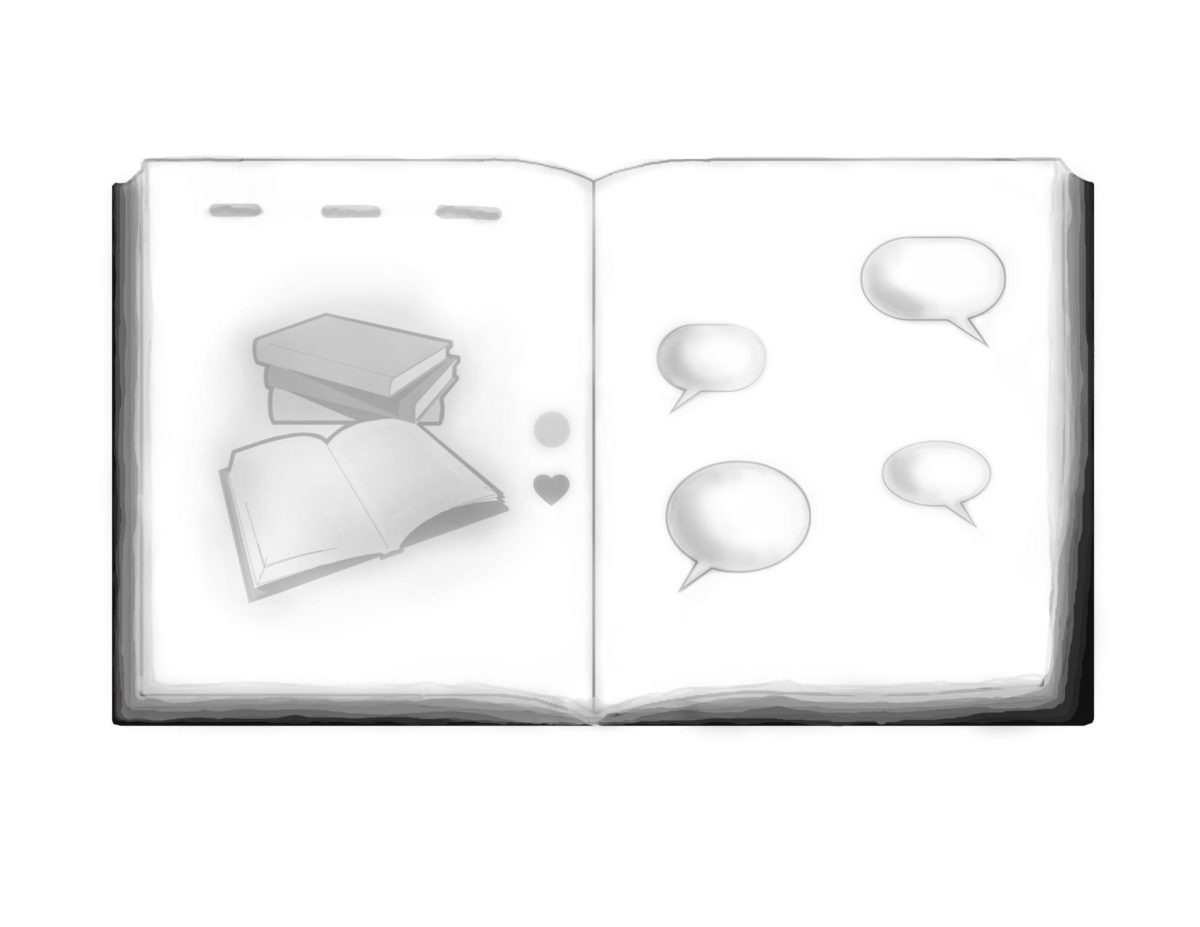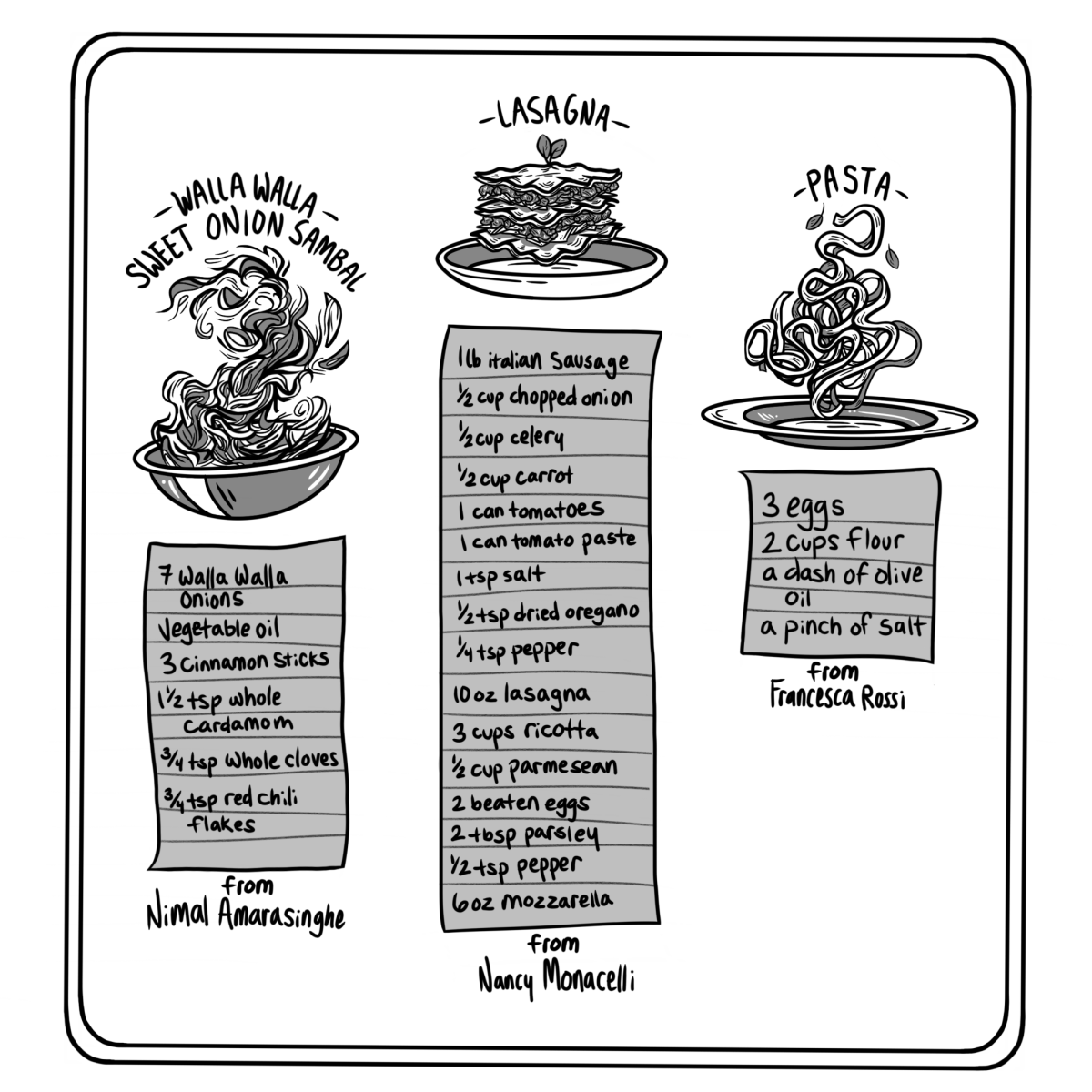The Pioneer Park Aviary, which has teemed with a wide variety of avian wildlife for years, may soon find its enclosures empty after Walla Walla City Council voted to close it two weeks ago.
A motion to begin the planning phase of closing the aviary, which has been the subject of closure talks since 2010, was passed by a 5-2 vote of the City Council on Feb. 12.
“The present motion that was passed by the council [two weeks ago] was to direct staff to begin the research and making a plan to close the aviary. I would expect the plan would be operational by the end of this year,” said Mayor Jerry Cummins.
The aviary has had funding issues since 2010, with operational costs being covered by fundraising from the Friends of the Pioneer Park Aviary and some additional help from the city’s budget. However, this year the problem is not just funding operations––the two open enclosures that house the birds are in need of remodel, adding to the potential cost of trying to save the aviary.
“If it was just the operation, we’d find a way to squeak it out. [The aviary is] a great resource for the city, it’s kind of an icon for that park … so I don’t think there’s anybody who’d like to see it go away. The problem is that the foundation is rotting and the net is rotting,” said City Council Member Allen Pomraning.
The specific problems that the aviary enclosure has faced are twofold. First, the netting over the two separate ponds are sagging and tearing due to heavy snowfall, specifically from the winter of 2008 and natural wear-and-tear from sunlight and the elements. Secondly, the wooden support posts that encircle the enclosures are rotting due to their proximity to the stream that runs through the enclosures, weakening the entire structure.
More worrisome for the aviary is that these factors have allowed for predators to slip into the enclosure and kill some of the birds, showing that these improvements need to be made not just from a structural standpoint but from a safety standpoint as well.
“[The supports have] lasted 30 years, but they’ve failed now. So the complete structure has to be replaced because of predator losses that we’ve had with birds over the last four to five years,” said Parks Director Jim Dumont.
Cost estimates for the reconstruction of the two enclosures, according to an engineering firm hired by the parks department, hover around $375,000 for the large enclosure and $275,000-$285,000 for the smaller enclosure. Even with the $190,000 the city has saved for aviary reconstruction, the cost to remodel and cover operating costs of the aviary would be significant compared to costs in previous years. In addition, Dumont and council members expressed concerns about the sustainability of the aviary in the long run, even if funds are raised this year to fund reconstruction and operational costs.
“We wouldn’t want to go in and spend all this money on a new structural fix, and then have to turn around the next year and close it because [we] don’t have the operational funds,” said Dumont.
Since the motion was passed, the parks department has been planning how to remove the birds in the aviary to a safe new home and how to remove the existing structure from Pioneer Park. But the timeline for these activities is still in flux, and the question of where the birds will go remains.
“There are other private and municipal agencies that have expressed interest in buying all or part of our collection … The transfers would be made during certain times of the year when you can transfer these kinds of animals––when they’re not nesting, when it’s not too hot, when it’s not too cold––so that when you transport them it would be a humane process,” said Cummins.
The next step in closing the aviary is the deconstruction of the enclosures, a process which likely would start in July or August if approved by the Department of Fish and Wildlife. If both of these goals are met, the hope of the parks department is to turn the stream where the aviary currently resides into a natural space for wild birds.
“Basically we’ll try to create an environment where migratory waterfowl would use the pond, as we have migratory waterfowl in cages in the pond. It just becomes more natural,” said Dumont.
However, until the sale of birds and deconstruction of the aviary actually takes place, there is still time for donations and fundraising to save the aviary. Both Pomraning and Cummins stressed the fact that they didn’t take their votes to close lightly and that there is still a window of time for funds to be raised.
“I would encourage people to really see if they have the ability to help. It’s not that we want it to go away. We’d like to find a way to make it sustainable,” said Pomraning.










